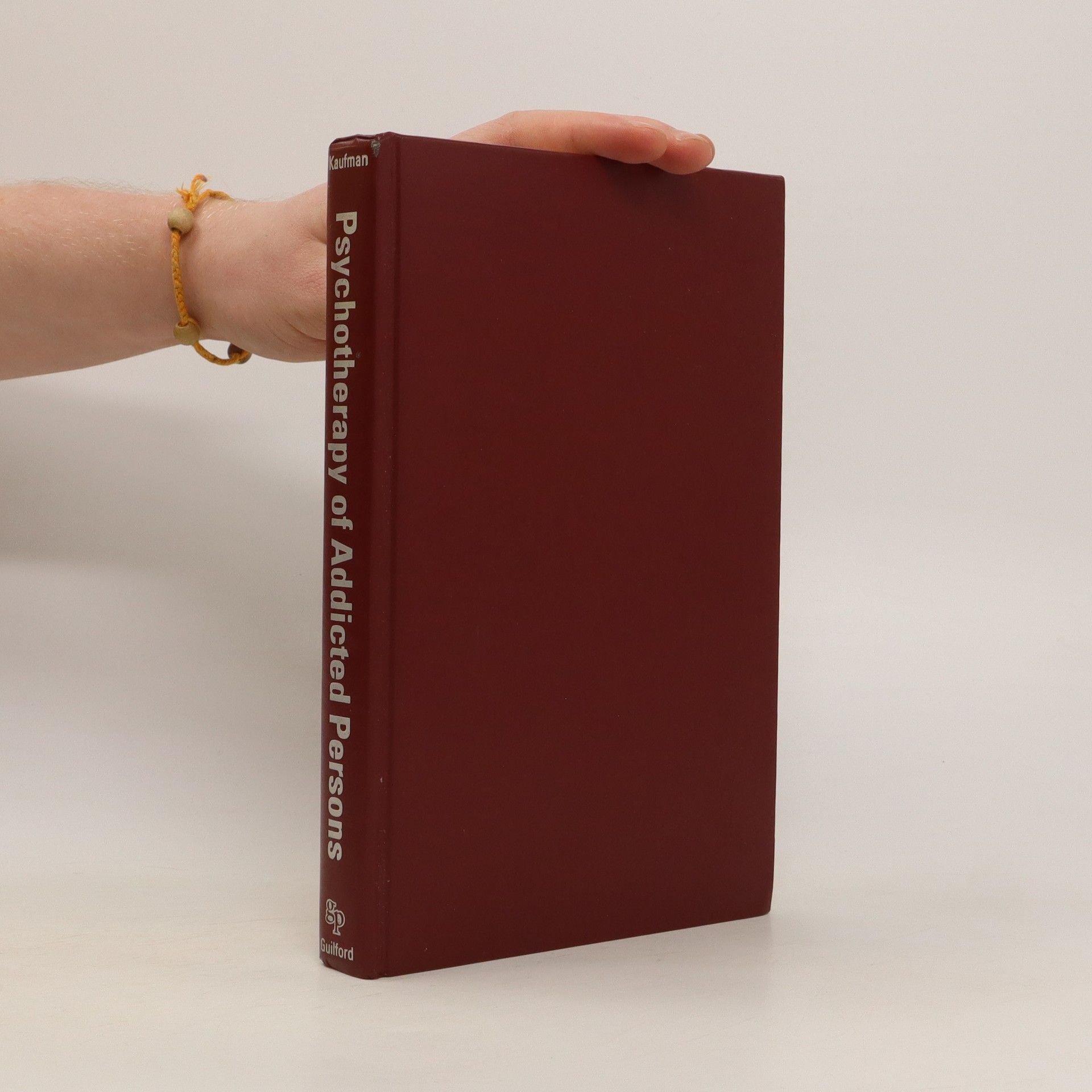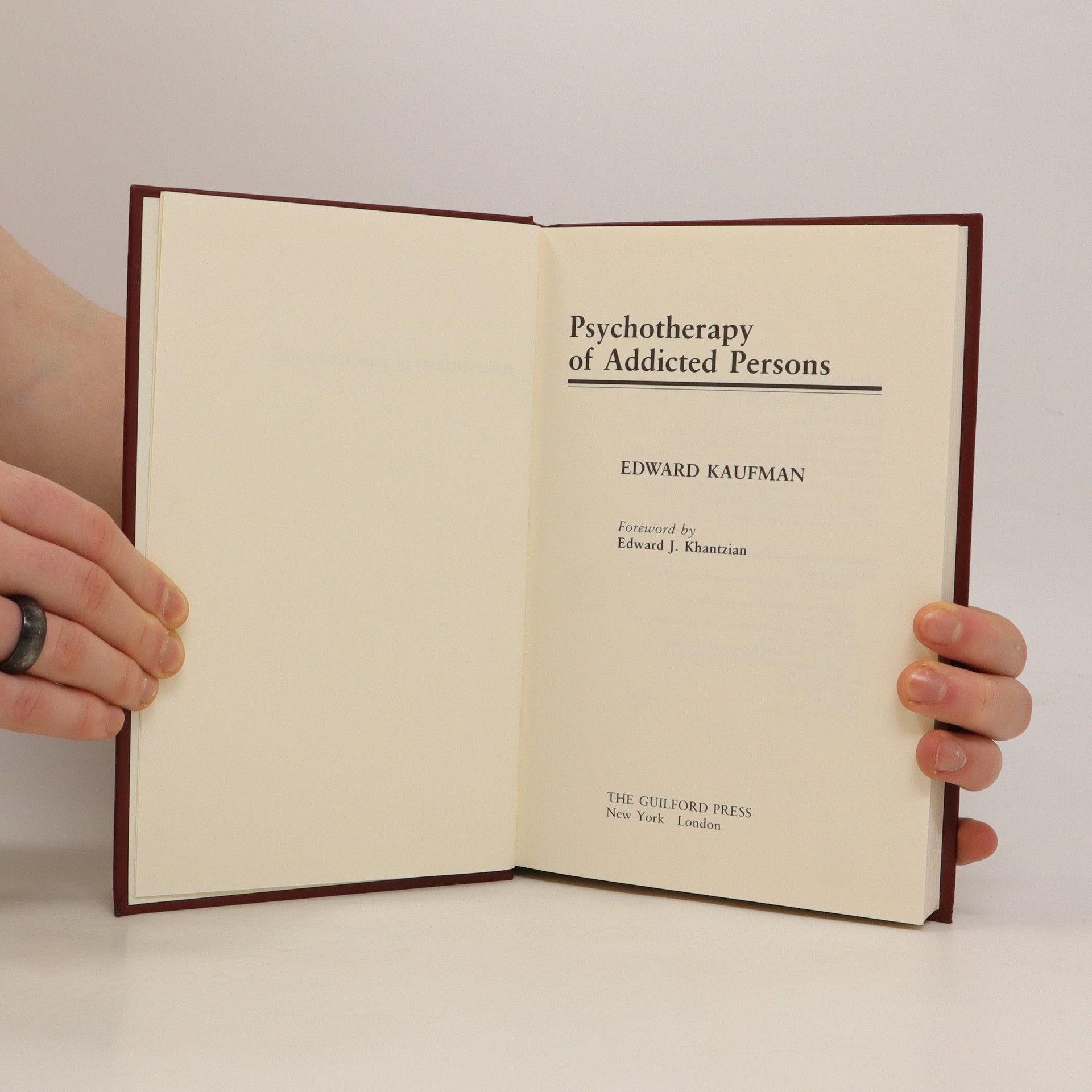Mehr zum Buch
For many practitioners, navigating the complex methods for treating substance abusers can be as challenging as working with the addicts themselves. Drawing on over 30 years of experience, Edward Kaufman presents a pragmatic treatment approach that integrates techniques from various influences, including object relations, cognitive-behavioral therapy, structural family therapy, and the Twelve-Step movement. He addresses the myriad issues faced by alcoholics and addicts, providing a comprehensive method suitable for therapists with varying levels of training in psychotherapy and substance abuse. Each chapter offers essential details for understanding and treating substance abusers through psychodynamic therapy. Kaufman explores the personality and psychopathology of addicted individuals, considering psychodynamic theory, codependency, and risk factors for substance abuse. He highlights gender-specific issues, particularly for women, discussing relevant personality traits and their experiences in Twelve-Step groups. Key topics include defense mechanisms like denial and rationalization, and common personality disorders among addicts. Kaufman illustrates his three-phase psychotherapeutic method with case histories. The first phase emphasizes assessment and detoxification, while the second focuses on early recovery and relapse prevention strategies. The final phase addresses intimacy, autonomy, and developing leisure skills. The t
Buchkauf
Psychotherapy of Addicted Persons, Edward Kaufman
- Sprache
- Erscheinungsdatum
- 1994
- product-detail.submit-box.info.binding
- (Hardcover)
Hier könnte deine Bewertung stehen.




